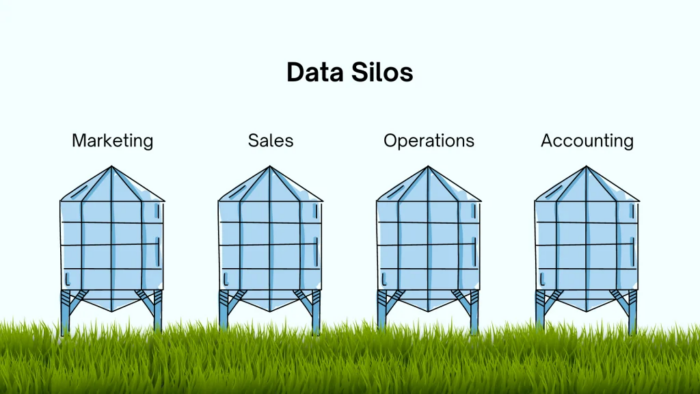Graph the True Data and Reality
Modeling reality isn’t about getting it perfectly right. It’s about getting close enough to act meaningfully

Remember the popular quote by W.P. Kinsella, “If you build it, they will come”? In the realm of data, this notion has often been interpreted to mean that merely creating data repositories will automatically lead to their usage and utility. While the open data movement over the past decade has indeed made strides in increasing data availability, a critical question remains: How do we ensure that data, once opened, is effectively usable and impactful?

In today’s data landscape, providing access to data is not enough. With intelligent systems and AI in play, we need to think about synergy and how these data can be used for the public good, increasing profit, or improving operational efficiency. This requires expertise that only a few can provide, which is why, to date, it has been difficult to quantify the value of data solutions, including open data initiatives and corporate data teams. The data is there, but what are we supposed to do with it? This has always been a pain point.
The open data movement began with the noble goal of making data freely available to the public, driven by the belief that transparency and accessibility would lead to innovation and informed decision-making. Governments, organizations, and companies embraced this concept, creating data portals and repositories. However, as we move into 2024, it has become evident that simply providing access to data is not enough.
The initial focus on data access has resulted in a proliferation of data portals, but these often exist in silos. Organizations have spent considerable time and resources discussing data access, yet less emphasis has been placed on data usability, ensuring that data is valuable and impactful for end users.
Data silos can hinder the potential of data democratization. When data is compartmentalized and not easily integrable, it limits the ability of users to draw meaningful insights and make informed decisions. The challenge now is to break down these silos and foster an environment where data can be seamlessly connected and utilized across different platforms and sectors.
As part of the data era we are in, we need to democratize access and usability, much like how OpenAI has democratized access to machine learning and AI. The future of data should be about making it easily accessible and usable without requiring massive investments in developing siloed data portals and hiring specialized engineers. People should be empowered to use data effectively without these barriers.
This pain was born from conversations with many stakeholders who discussed their data strategy and data projects with me. They often spoke about the difficulty of making data usable and impactful despite having access to vast amounts of information. It became clear that the focus should shift from mere access to creating a synergized data ecosystem where data can truly drive innovation, efficiency, and public good.
As we look to the future, the conversation must shift from merely opening up data to ensuring that data is usable, connected, and impactful. By addressing the challenges of data silos and leveraging intelligent systems and AI, we can truly democratize data. This means not only making data available but also ensuring that it is valuable and actionable for all users.
The journey from data silos to a synergized data ecosystem requires a concerted effort from all stakeholders. By embracing interoperability, effective governance, user-centric design, education, collaboration, and leveraging intelligent systems and AI, we can unlock the full potential of open data and create a more informed and innovative world.